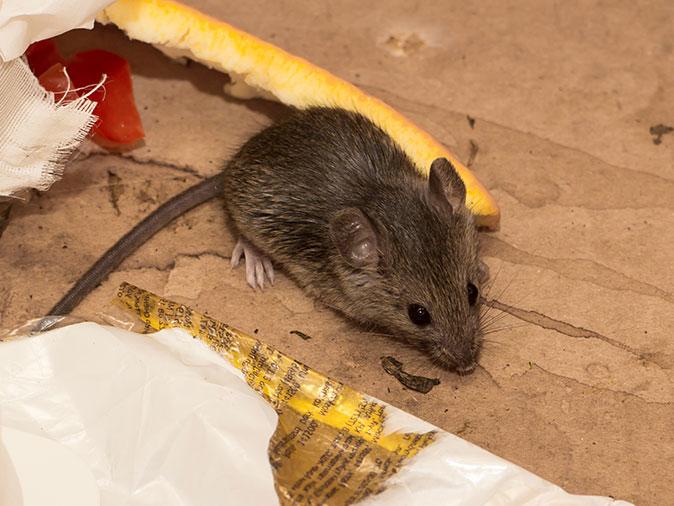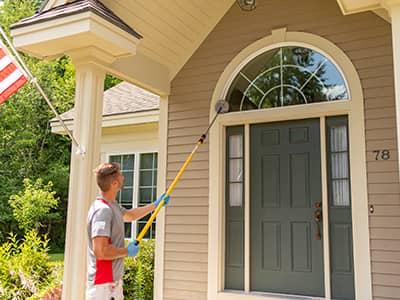If you live an area that is prone to rodent problems, you’d benefit from signing up for an ongoing home pest control plan that addresses rodents and other household pests such as ants, cockroaches, and spiders. At Pine State Pest Solutions, we offer home protection plans (like the one featured below) that are designed to keep pests out all year-round. For more information, please give us a shout.
Pine State’s Home Protection is an affordable pest control plan that is ideal for homeowners who want general pest control services that target common house-infesting insects and rodents.
When you sign up for this ongoing service, you’ll receive an initial service visit to treat the existing pest problem and then seasonal service visits spread out over the year to ensure pests stay out. That’s a total of four services annually.
Pests covered under Pine State’s Home Protection plan include carpenter ants, cornfield ants, crazy ants, field ants, little black ants, pavement ants, carpet beetles, cigarette beetles, drugstore beetles, flour beetles, ground beetles, hide beetles, larder beetles, saw-toothed grain beetles, warehouse beetles, boxelder bugs, carpenter bees, centipedes, clover mites, American cockroaches, brown-banded cockroaches, wood cockroaches, field crickets, house crickets, European earwigs, firebrats, bald-faced hornets, European hornets, deer mice, house mice, millipedes, Angoumois grain moths, drain moths, Indian meal moths, Mediterranean flour moths, mud daubers, Norway rats, paper wasps, pill bugs, rice weevils, silverfish, sow bugs, springtails, cellar spiders, daddy longlegs spiders, house spiders, jumping spiders, sac spiders, wolf spiders, Western conifer seed bugs, and yellow jackets.
Sign Up Today!
*Some exclusions apply- please see your agreement

 Pine State Pest Solutions received an average rating of
Pine State Pest Solutions received an average rating of 

